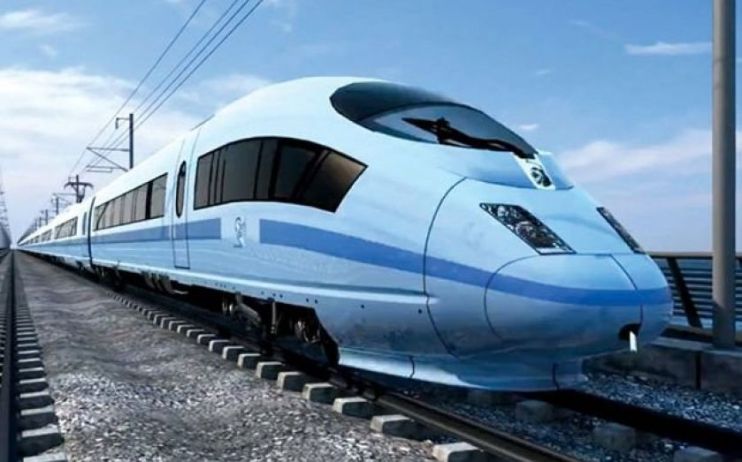It makes sense to put the brakes on HS2

A policy may be considered well-balanced if it is attacked fiercely by two opposing extremes in the surrounding debate.
Perhaps this is not always the case, but it is a reasonable rule of thumb, and it sprung to mind yesterday after the government announced a quick review of the exciting yet eye-wateringly expensive High Speed 2 project.
Former infrastructure tsar and Remain-fanatic Lord Adonis said the review was “as stupid as you can get” while campaign group Stop HS2 screamed that existing work on the link must be stopped immediately “because irreparable damage is being done right now to unique habitats and ancient woodlands”.
Opponents of HS2 pointed fingers at members of the review and adjoining advisory panel who have traditionally supported the scheme, while supporters bemoaned the inclusion of HS2 sceptics.
For those of a pragmatic perspective, the inclusion of both suggests balance and a sensible way of ensuring a robust review takes place – neither a whitewash nor a hatchet job.
The list of people involved in the review includes rail gurus, engineers, former business lobbyists and central bankers, and even ex-John Lewis boss Andy Street (who is now mayor of the west Midlands).
Some opponents of the review have fallen for what economists call the sunk cost fallacy, a belief that one must push ahead with a plan in light of previously invested resources.
While billions have already been thrown at HS2, the prospect of a ballooning budget expanding towards £100bn cannot be ignored. Each part of the programme must be fiscally justified and if there are reasonable efficiencies to be found, then so be it. Taxpayers deserve nothing less.
Westminster’s cynics believe the review is a convenient way for Boris Johnson to sideline a divisive issue during an upcoming election campaign. They may be right – who knows? – but either way, this review is a good outcome.
Impulsively scrapping the project would be irresponsible given the UK’s desperate need for new infrastructure, yet it cannot be allowed to continue with a blank cheque. The review won’t take long, and will hopefully allow the government to make a more detailed and practical decision on how to proceed.
Main image credit: Getty